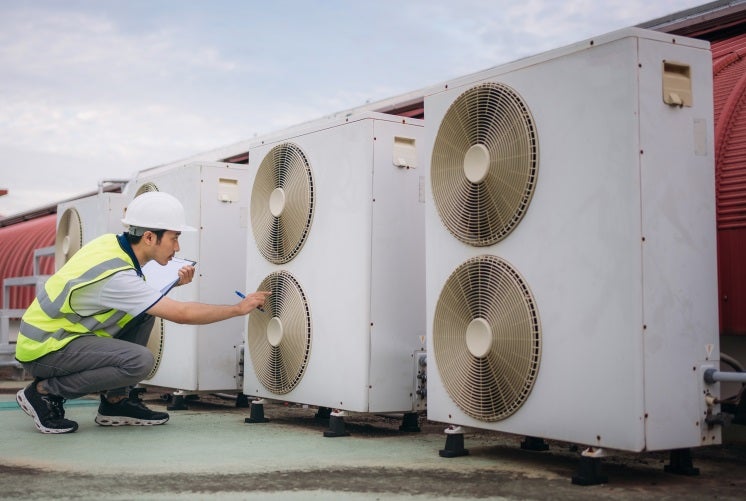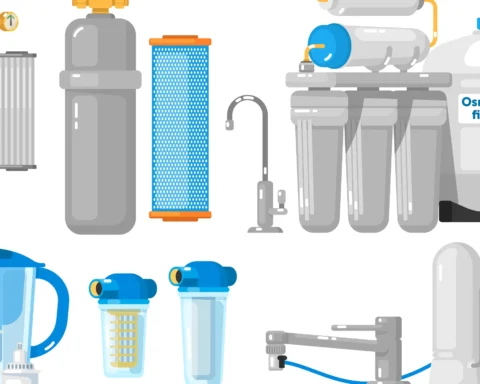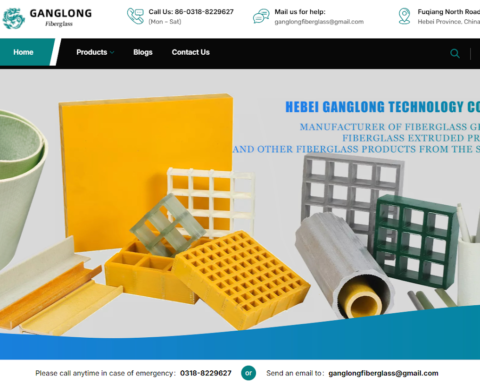In recent years, sustainability has emerged as a pivotal element across various industries, with transportation logistics being a significant area of focus. This dynamic sector is increasingly transforming to consider and address environmental concerns while striving to maintain and enhance operational efficiency. As global climate challenges become more pressing, logistics companies progressively integrate sustainable practices to reduce their carbon footprint and promote environmental stewardship. This transition drives significant environmental benefits and aligns with a broader industry trend towards responsible business practices. For additional insights into sustainable strategies currently shaping the industry, click here to explore comprehensive resources industry leaders offer.
Key Takeaways:
- Sustainability is crucial in reducing the environmental impact of logistics.
- Renewable energy and efficient practices are at the forefront of sustainable logistics.
- Adopting greener methods provides economic and competitive advantages.
- Technology plays a vital role in implementing sustainable logistics solutions.
The Need for Sustainability in Logistics
The transportation and logistics sector is a key contributor to global greenhouse gas emissions due to its extensive reliance on traditional fossil fuels. This dependency poses significant environmental challenges that the industry can no longer overlook. With ever-increasing regulatory pressures and a growing consumer demand for more eco-friendly practices, incorporating sustainability into logistics operations is not merely an option—it has become an imperative. By prioritizing sustainable logistics, businesses can effectively mitigate their environmental impact while enhancing their operational resilience and bolstering their reputation. In doing so, they also contribute positively to global sustainability goals, setting benchmarks for other industries.
Strategies for Sustainable Transportation
Numerous innovative strategies are being implemented across the industry to promote sustainability within logistics operations:
Utilization of Renewable Energy
The transition from fossil fuels to renewable energy sources represents a fundamental step toward achieving sustainability. Implementing electric vehicles powered by renewable energies such as wind, solar, or geothermal sources can drastically reduce emissions while contributing to cleaner air and water. This shift promises substantial improvements in environmental quality and offers a compelling return on investment over the long term as renewable technologies continue to advance and become more cost-effective.
Implementation of Efficient Practices
Incorporating efficient logistics practices, such as just-in-time delivery and advanced route optimization, plays a critical role in sustainability efforts. These methodologies minimize fuel consumption and vehicle idle time, significantly decreasing greenhouse gas emissions and reducing air pollution. By optimizing delivery schedules and paths, companies can lower operational costs while aligning with environmental mandates, thus achieving dual benefits supporting business objectives and ecological sustainability.
Economic Benefits of Sustainable Practices
Adopting sustainable logistics practices offers several economic advantages, which, if leveraged effectively, can significantly impact a company’s bottom line:
- Cost Reduction: The efficient use of resources, along with reduced waste and energy consumption, leads to significant cost savings, thereby enhancing overall operational efficiency. Logistics companies can achieve notable financial gains by optimizing supply chains and reducing dependency on traditional energy sources.
- Competitive Edge: Companies that prioritize and effectively communicate their commitment to sustainability can differentiate themselves from competitors by catering to the increasing market of environmentally-conscious consumers. This strategic positioning increases customer loyalty and opens up new market opportunities as demand for sustainable logistics solutions grows.
Challenges in Implementing Sustainable Logistics
Transitioning to sustainable logistics poses several challenges that requires strategic planning and investments:
- Initial Costs: Implementing cutting-edge technologies and sustainable practices demands a significant upfront investment, which can be a barrier for smaller businesses operating with limited budgets. However, these initial costs can often be offset by long-term savings and efficiencies enabled by sustainable practices.
- Regulatory Compliance: Navigating the fluctuating regulatory landscape to ensure compliance with evolving environmental standards requires considerable resources and expertise. This complexity can challenge logistics companies, necessitating ongoing investment in compliance monitoring and reporting systems to avoid legal issues and maintain operational integrity.
The Role of Technology in Advancing Sustainability
Technology serves as a crucial enabler in advancing sustainable logistics solutions and optimizing their implementation across the sector:
Automation and AI
Automation and sophisticated artificial intelligence (AI) systems considerably enhance supply chain efficiency. These intelligent technologies analyze extensive datasets to optimize routes and reduce energy consumption while proactively anticipating vehicle maintenance requirements. AI contributes profoundly to establishing sustainable logistics frameworks by minimizing downtime and maximizing resource utilization.
Internet of Things (IoT)
The Internet of Things (IoT) facilitates real-time monitoring and management of goods, vehicles, and infrastructure assets, significantly enhancing resource use and overall efficiency. By providing detailed and precise data on energy consumption, emissions, and logistics operations, IoT enables companies to identify and mitigate environmental impact more effectively, contributing to comprehensive and actionable sustainability strategies.
Sustainable Innovation: Success Stories
Several companies have effectively integrated sustainability into their operations, setting remarkable examples for the logistics industry. For instance, Amazon has been at the forefront of deploying electric delivery vans, significantly advancing its environmental goals. Meanwhile, Tesla’s continuous advancements in electric vehicle technology and energy efficiency have set new standards and inspired other businesses to adopt similar sustainable innovations. These companies reduce their carbon emissions and demonstrate the tangible benefits of sustainability, encouraging others in the industry to pursue similar sustainability-driven transformations.
Future Directions in Sustainable Logistics
The future of logistics is bound to see exciting advancements as efforts to integrate sustainable practices intensify. Innovations in alternative fuels, including hydrogen and biofuels, and the heightened utilization of advanced logistics management software are expected to drive the industry’s sustainable evolution. Future logistics operations will likely focus on developing and implementing holistic sustainability strategies encompassing cutting-edge technologies and comprehensive management practices. Such advancements will enhance operational efficiency and reinforce commitments to reducing carbon footprints and preserving natural resources, aligning with global climate goals.
Conclusion: Toward a Greener Future
The journey toward sustainability in transportation logistics is ongoing and necessitates collaborative efforts from stakeholders across the sector. By embedding sustainable practices into their operations, logistics companies can dramatically reduce their environmental footprint, while paving the way toward a greener future. Exploration and adoption of innovative technologies, alongside enhanced operational practices, will be indispensable in achieving these goals, fundamentally fostering a more sustainable world for future generations. Taking proactive steps in this direction helps preserve essential ecosystems and shapes a future characterized by economic viability and ecological responsibility.
Keep an eye for more latest news & updates on Essential Tribune!








